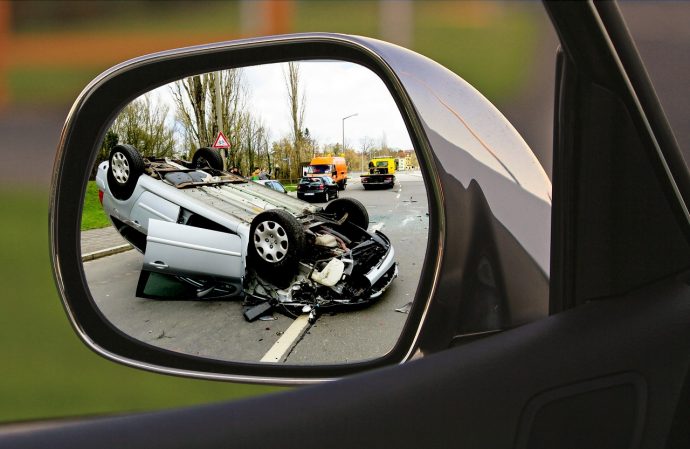Some people are injured in accidents and they get to a personal injury attorney’s office right away. Others do nothing or they try to represent themselves. Here are four major things that you shouldn’t do after an accident that can put a perfectly good case at risk.

Delays or Gaps in Treatment
If you were injured on January 1, and you didn’t start treating for that injury until late February of the same year, you’ve made a crucial error in judgment. That delay in treatment will be used against you to argue that you weren’t even injured in the accident, or you injured yourself after the accident in some other way. It can also be argued that the injuries you now complain of aren’t very serious because you went six or seven weeks without treating for them. Never wait more than 72 hours to seek treatment for injuries that you suffered in an accident, and attend all treatment appointments.
Representing Yourself
Legal and medical terms will be used throughout your case, and you don’t know what those words mean. Then come the rules of civil procedure and the rules of evidence. You know nothing about them. Pay an experienced personal injury lawyer to handle your case before you hurt it. Consultations and case evaluations are free, and the lawyer doesn’t get paid until he or she obtains a settlement or verdict on your behalf. You don’t need a penny in your pocket to hire a quality personal injury lawyer to represent you. Schedule a consultation with a firm, like Clearfield & Kofsky, and make sure you’re making the right moves to protect yourself and your family.
Never Give the Opposing Insurer A Statement
The opposing insurance adjuster might phone you “just to see if you’re feeling better.” This is a friendly pretext for obtaining a recorded statement from you. That insurer will only try to use that statement against you in the future. There’s no law requiring you to give a statement, and you’re under no duty to help the other side with its case. Politely refuse to give a statement.
Social Media
Inconsistent statements or declarations against your self-interest can be used against you in court. Don’t mention anything about your accident or injuries on social media. That’s one of the first places that an insurance adjuster will go to get information about you. With a proper evidentiary foundation, judges routinely allow your inconsistent statements or declarations against your own interest into evidence. Some lawyers even advise their clients to shut down all social media accounts while an injury case is pending.
Seek medical treatment right away after any accident, and attend all of your treatment appointments. Arrange for representation by a quality personal injury lawyer, and let him or her deal with the medical and legal issues. Don’t even mention your accident or injury on social media. One way or another, the longer that you wait to retain a personal injury lawyer, the more the chances increase that you’ll prejudice your case.

